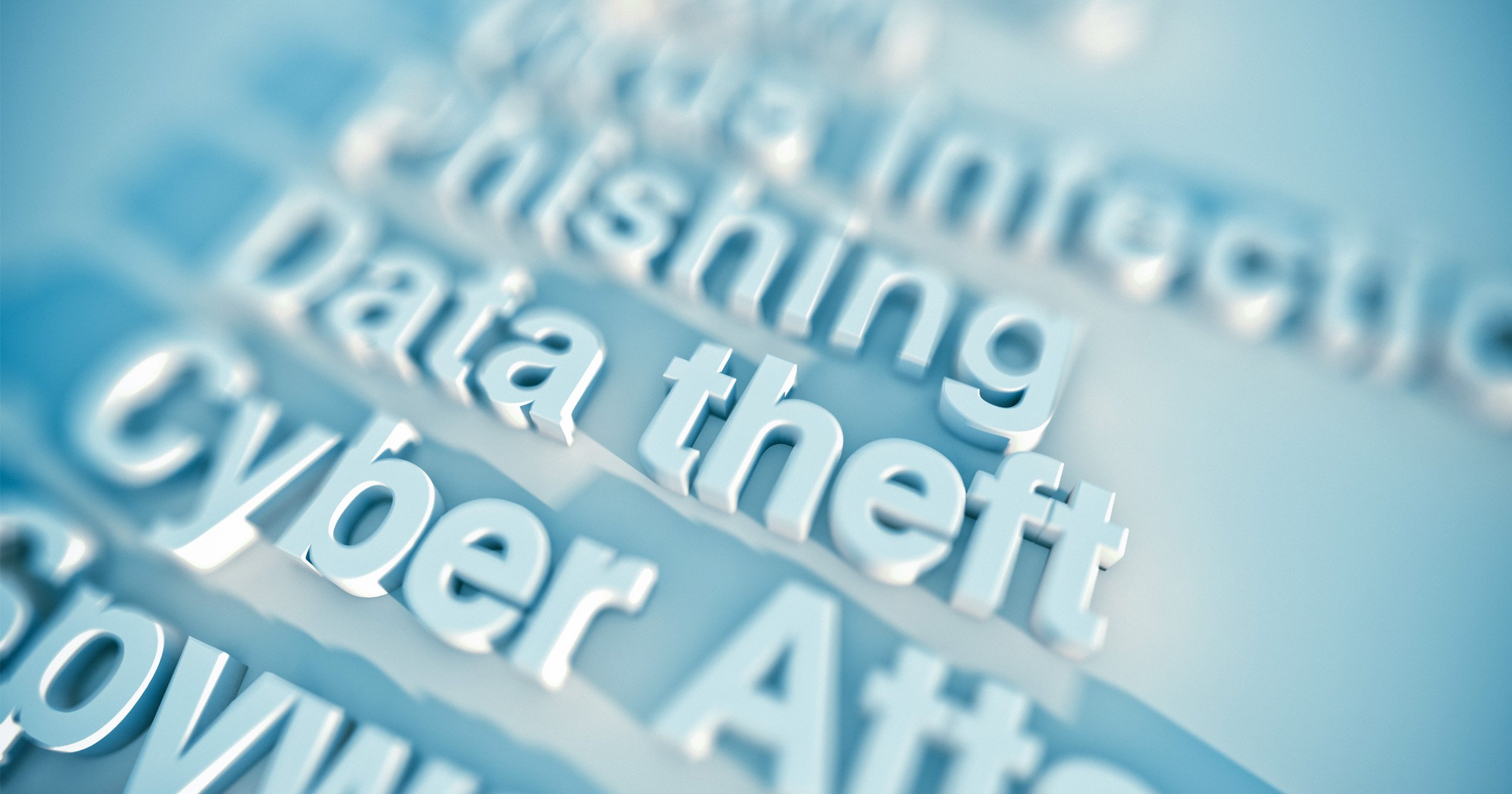Will We Accept Social Ranking Systems?
How Our Trustworthiness Might Be Measured
FUTURE PROOF – BLOG BY FUTURES PLATFORM
China is planning to launch a Social Credit Score (SCS) system that ranks its 1.3 billion residents according their trustworthiness by 2020. It has been called as a futuristic version of Big Brother as it uses large variety of data, such as financial, legal, social and customer information, to monitor and evaluate its citizens’ behaviour. How would you feel if your trustworthiness was publicly measured with a single algorithm-based score?
The Chinese government rolled out the first plans of the SCS in 2014, and the voluntary implementation has already started in co-operation with eight private companies helping to build systems and algorithms for the citizen score. It will be mandatory for all residents and legal persons including companies and other entities by 2020.
These developer companies include data giants, like Sesame Credit and China Rapid Finance, which have access to large quantities of diverse data. For instance, Sesame Credit’s SCS system rates people according five factors: credit history; obligation fulfilment capacity; personal characteristics; behaviour and preferences; and interpersonal relationships. As result, an individual will be given a citizen score between 350 and 950 points.
The government has stated that main goal of the system is to create the culture of sincerity and enhance the whole society’s credibility. By controlling the financial risks, serving underbanked residents and improving legal accountability and compliance, China hopes to strengthen its economy and financial sector.
The system is designed to reward well-rated individuals by giving them access to better services, deals and opportunities, such as loan choices, high-starred leisure services or education options for their children. In turn, the list of suggested penalties includes losing access to social-security benefits and stricter customs checks. Low scores will not be considered either for public office or some senior level positions.
China’s plan has created a global discussion and wide-spread criticism, and it’s been feared that it might lead towards a Big Brother world, as described in George Orwell’s dystopian novel “1984“, or a future world in which people’s lives are dominated by social ratings as portrayed in Black Mirror’s episode “Nosedive“. There are also supporting arguments backing up the developments of these kinds of systems as some people see they could have qualities, if done right, that benefit our societies.
As Rachel Botsman has argued, we can’t know yet how a culture of continuous monitoring and rating will developed, but “these are questions we all need to consider, and soon. Today China, tomorrow a place near you. The real questions about the future of trust are not technological or economic; they are ethical.”
So what do you think about the future of trustworthiness? Could these kind of social rating systems be an innotative basis for building trust in our societies, or are they threatening our freedom and privacy?
Explore a database of 900+ future trends and scenario narratives created by a team of professional futurists on Futures Platform




